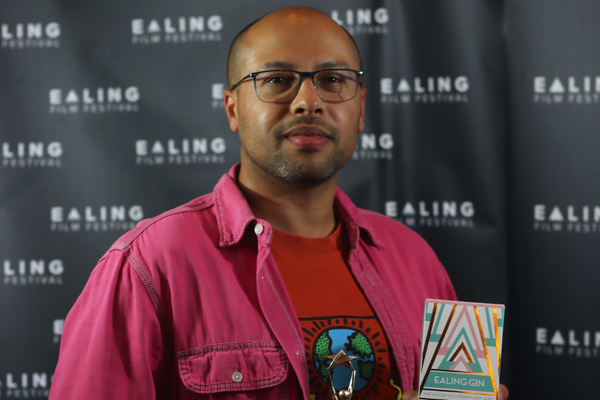Unleashing Hidden Rage: An Interview with Local Author Jennifer Cox on Her New Book "Women Are Angry"

We are thrilled to present an exclusive interview with local author Jennifer Cox, whose new book, "Women Are Angry," has just been launched. Jennifer Cox is not only an accomplished author but also a seasoned therapist whose practice is informed by both traditional psychoanalytic and contemporary neuroscientific training. With extensive experience working in forensic and psychiatric settings, Cox brings a unique perspective to her work.
In 2023, she founded the social movement Women Are Mad, aimed at encouraging women to confront and express their repressed anger. She also co-hosts the globally recognised "Women Are Mad" podcast, which has featured notable guests such as Bryony Gordon, Shappi Khorsandi, Donna Ashworth and Sophie Heawood.
Jennifer will be holding a book signing at Ealing Waterstones on August 3rd. In this interview, she shares her insights into female anger, its manifestations and practical ways for women to process and express their emotions safely.

Your book 'Women Are Angry' delves into the hidden rage women carry. What was the most surprising discovery you made about female anger during your research and therapy sessions?
The most surprising discovery was the many diverse ways women's repressed rage manifests in our bodies and minds. From burnout to bulimia, from anxiety to OCD to postnatal depression, it has been heartbreaking to understand just how many physical and psychological problems women experience that are attributable to anger.
You mention that women often suppress their anger due to societal conditioning. Can you share a practical exercise or method from your book that women can use to safely express and process their anger?
Many women I work with benefit from physically discharging the anger they hold in their bodies. Fast, explosive movements like punching cushions or hitting mattresses or piles of coats with rackets or bats are useful ways of transferring the internalised energy onto another surface. Once this energy is released, I discuss various techniques for bringing the brain back online, so they can approach the situation more effectively and achieve an outcome that works for them.
Your work draws on both psychotherapy and neuroscience. How does understanding the brain help in managing and transforming anger, and what unique insights does this bring to your approach?
I've always sought evidence for what I witness in the clinic, which is why I trained in neuroscience as well as psychoanalysis. It's not enough for me to feel that something is right; I want hard science to back it up. Understanding the central nervous system is key to understanding why social conditioning is so damaging to us. What our brain tells us we need is often the opposite of how society insists we conform. I witness daily how our repressed rage about this results in illness and disease.




